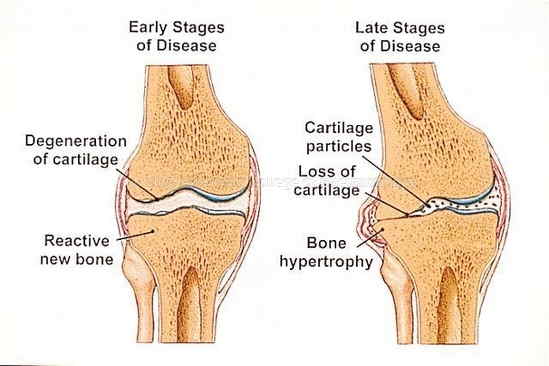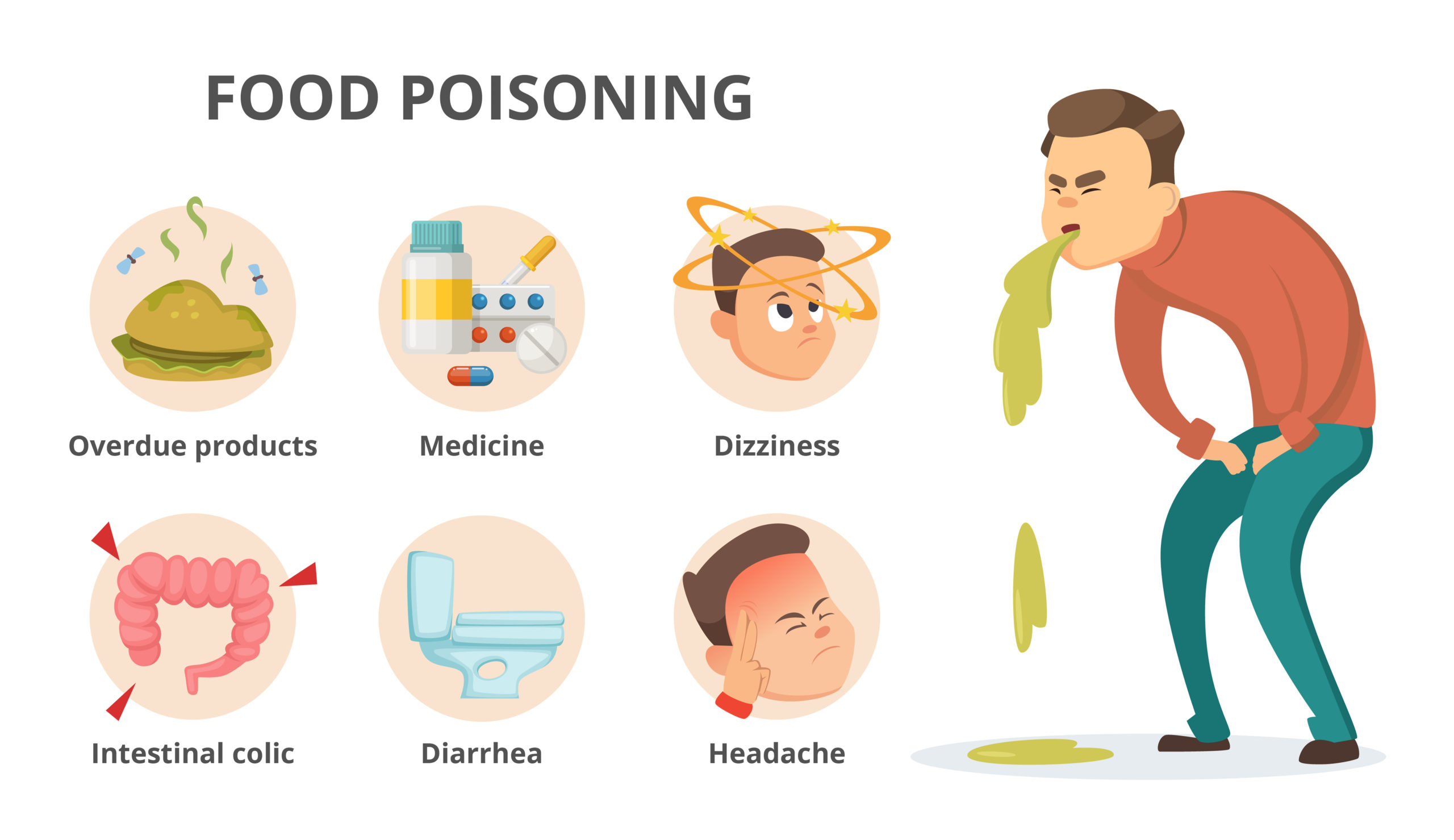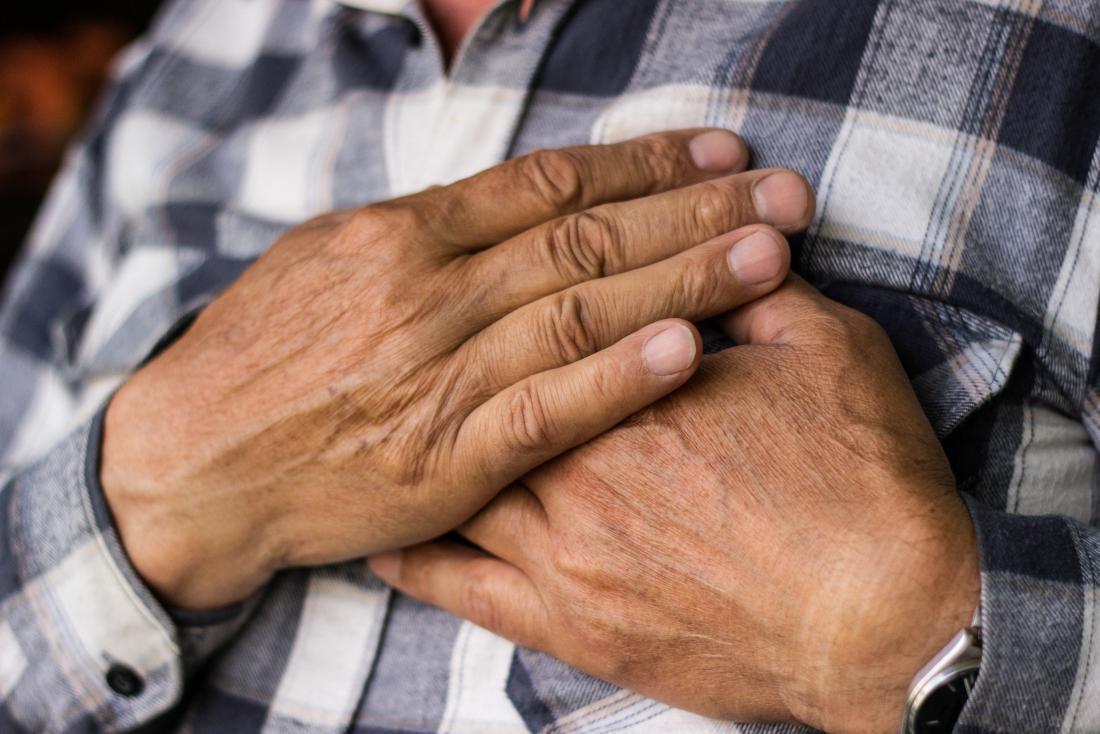A fever refers to a body temperature that goes beyond the normal range of 36.5 to 37.5 ?C (97.7 to 99.5 ?F). Generally, a body temperature of 38 ?C or 100 ?F is already considered a fever.
?
It is important to note that a fever is not an actual illness but a symptom of another disease condition. An elevated body temperature occurs most often when your white blood cells are trying to fight off infectious microorganisms. In non-serious conditions, your fever can subside on its own within a few days of rest, vitamin C supplementation, and increased intake of fluids.
Causes of fever
Viral or bacterial infections. Once the body?s immune system detects an ongoing infection caused by bacteria or viruses, it increases its metabolism to generate heat. This mechanism is important to limit the reproduction and replication of microorganisms that are sensitive to changes in body temperature, thereby helping the body contain and fight off the infection.
?
Inflammatory conditions such as rheumatoid arthritis. Rheumatoid arthritis is an autoimmune disease characterized by joint pain and inflammation. As a response, your body recognizes your inflamed joints as a foreign object, triggering your immune system to fight it off through exhibiting fever-like symptoms.
?
Exposure to too much heat or sunlight. This is especially true when you do prolonged exercises or recreational activities in a hot weather.
?
Taking medications. A fever caused by taking certain drugs is also known as a ?drug fever.? The body temperature usually returns within the normal range after the discontinuation of the drug.
?
Dehydration. Sweating is one of the mechanisms that your body uses to regulate its temperature. If you are dehydrated, your body will conserve water for the circulation and oxygenation of the main organs, which it deems more important than temperature-regulation. That?s why if you are dehydrated, you can also experience fever-like symptoms. Likewise, having a fever can lead to dehydration if you don?t replace the fluids lost through sweating.
Fever Signs and Symptoms
-
Profuse sweating
-
Signs of dehydration
-
Skin is hot to touch
-
Flushed skin
-
Shivers and chills
-
Lack of appetite
-
Body weakness
-
Lethargy and irritability
-
Headaches
-
Joint and muscle aches
How to Treat Fever a Home?
Most viral infections are self-limiting, which means that with the right amount of rest, nutrition, and fluids, your temperature will go back to normal on its own. However, your fever may also last for as long as 1-2 weeks, especially if it is due to a bacterial infection.
?
Here are some effective home remedies to treat your fever at home:
?
-
Body temperature monitoring. You should not only rely on your symptoms to monitor your fever. To easily measure one’s temperature, use an accurate and reliable digital thermometer. Record and track your progress at least every four hours.
?
-
Increase fluid intake. To bring your fever down, your body tries to normalize your temperature through sweating. This compensatory mechanism, together with the increase in your metabolism, puts you at risk of getting dehydrated. To prevent water loss through dehydration, drink lots of fluid from liquid and food sources.
?
-
Have enough rest. If your body is trying to fight off foreign microorganisms, it needs all the energy it can generate. Going to work or doing household chores can only increase your stress levels, which you should avoid, as stress triggers the release of a hormone known as cortisol. These cortisols suppress your immune system, making it harder for your body to work against the infection.
?
-
Wear comfortable and light clothes. Do not wrap yourself up with thick blankets and layers of clothes even if you are having chills. Although it will guarantee you to sweat more, it will also prevent your sweat from evaporating, making the heat build up instead.
?
If your temperature continues to shoot up despite these home remedies, you can take antipyretic (fever-reducing) medications such as acetaminophen and ibuprofen every four hours. If this doesn?t do the trick, it would be best to consult your doctor for further diagnosis and treatment options.

Helen Bradley is a health blogger and the founder of her own blog about fitness. She has been blogging for three years now and loves to share what she learns with others. Helen enjoys reading, cooking, and staying active outdoors.











